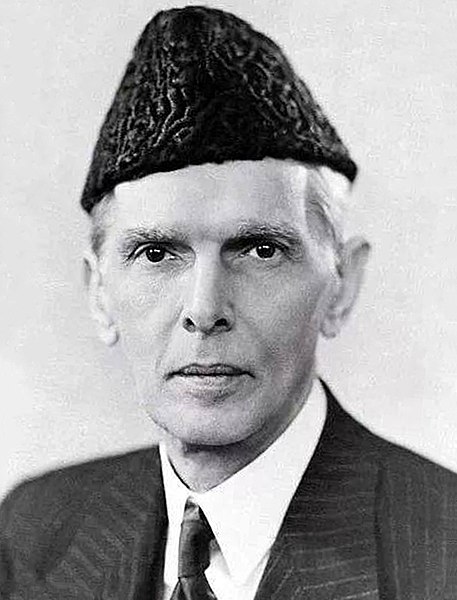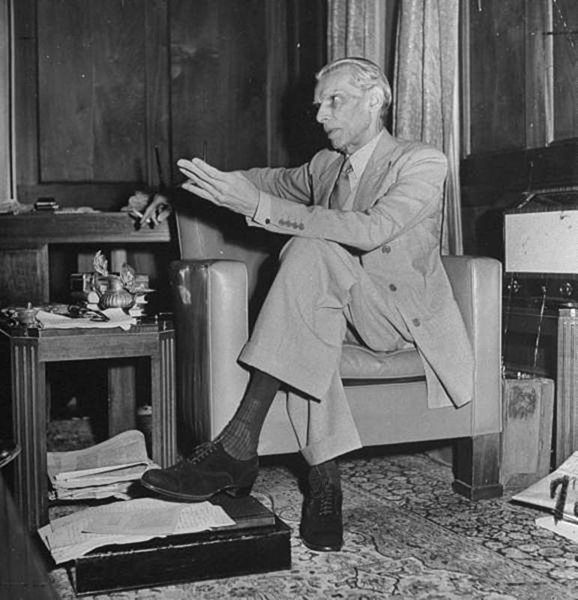Round Table Conferences (India)
The three Round Table Conferences of 1930–1932 were a series of peace conferences organized by the British Government and Indian political personalities to discuss constitutional reforms in India. These started in November 1930 and ended in December 1932. They were conducted as per the recommendation of Muhammad Ali Jinnah to Viceroy Lord Irwin and Prime Minister Ramsay MacDonald, and by the report submitted by the Simon Commission in May 1930. Demands for Swaraj or self-rule in India had been growing increasingly strong. B. R. Ambedkar, Jinnah, Sir Tej Bahadur Sapru, V. S. Srinivasa Sastri, Sir Muhammad Zafrulla Khan, K. T. Paul and Mirabehn were key participants from India. By the 1930s, many British politicians believed that India needed to move towards dominion status. However, there were significant disagreements between the Indian and the British political parties that the Conferences would not resolve. The key topic was about constitution and India which was mainly discussed in that conference. There were three Round Table Conferences from 1930 to 1932.

The Second Round Table Conference (September 7, 1931)
Muhammad Ali Jinnah was a barrister, politician and the founder of Pakistan. Jinnah served as the leader of the All-India Muslim League from 1913 until the inception of Pakistan on 14 August 1947, and then as the Dominion of Pakistan's first governor-general until his death.
Jinnah in 1945
Portrait of Jinnah's father, Jinnahbhai Poonja
Lincoln's Inn, seen in 2006
Jinnah wearing a suit





